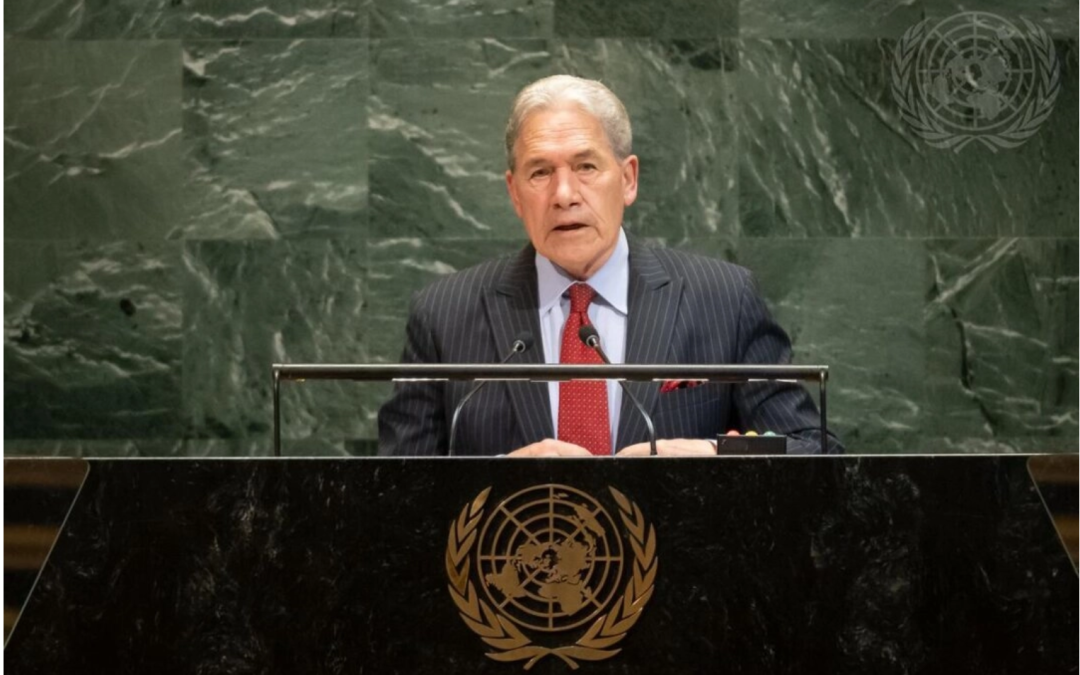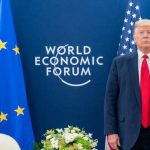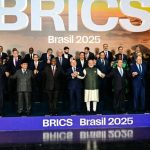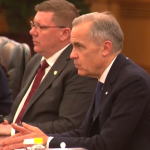In a stance that differs from that of many of its closest allies, New Zealand has announced that it will not recognise Palestinian statehood.
Foreign Minister Winston Peters made the announcement in a much-heralded address to the U.N. General Assembly, taking most observers by surprise.
New Zealanders, he said, had been “appalled by the barbarity of Hamas’s attack on Israeli citizens on Oct. 7, 2023,” leading them to conclude: “Hamas have no place in any future Palestinian state. They know only hate.”
But, he said, at the same time, “We are also revolted by what can only be described as a grossly disproportionate response from the Israeli government.”
“However, there is an old saying about a musical instrument that sums up well the vexed question of Palestinian statehood recognition: ‘If the string is too tight it will snap, but if it is too loose, the instrument will not play,’” he said.
‘Wrong Side of History’: Labour
Peeni Henare, Labour’s foreign affairs spokesperson, called the decision “an embarrassment” which puts the country “on the wrong side of history.”
“[Prime Minister Christopher] Luxon had a chance to stand up for what is right, but he failed. There is no two-state solution or enduring peace in the Middle East without recognition of Palestine as a state,” he said.
“We also need meaningful sanctions on Israel, cutting trade and economic ties, freezing assets, and implementing travel bans on named individuals, as we have with Russia.”
The decision puts New Zealand at odds with many of its global defence and trading partners, though not the United States. Both countries are members of the Five Eyes alliance, which also includes Australia, Canada, and the UK.
Similarly, all but two members of the Association of South East Asian Nations, with which New Zealand has dialogue partner status, have opted for recognition.
It does, however, keep it aligned with the stance of its Pacific partners—of the 18-nation Pacific Islands Forum, of which New Zealand is a full member, only Vanuatu and Papua New Guinea have announced that they recognise Palestinian statehood.











